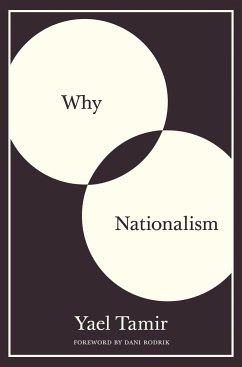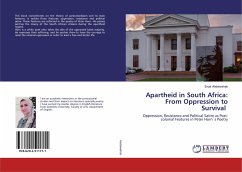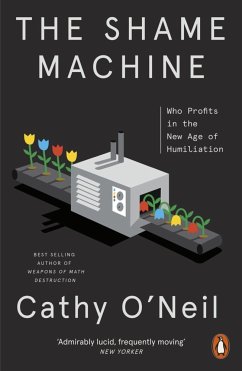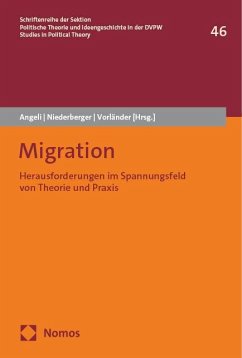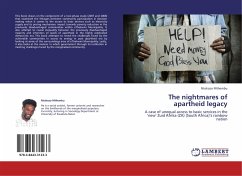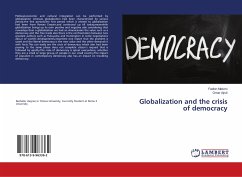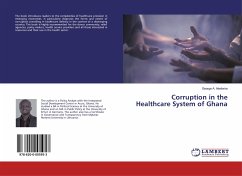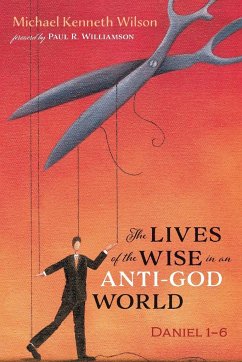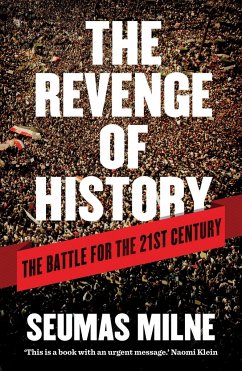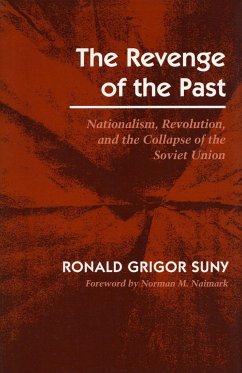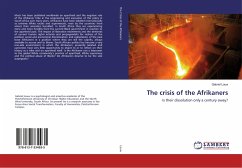
The crisis of the Afrikaners
Is their dissolution only a century away?
Versandkostenfrei!
Versandfertig in 6-10 Tagen
53,99 €
inkl. MwSt.

PAYBACK Punkte
27 °P sammeln!
Much has been published worldwide on apartheid and the negative role of the Afrikaner tribe in the engineering and execution of this policy in South Africa over many years. Afrikaners have been labelled internationally as extreme White racists and supremacists, even by the countries from where their ancestors heralded. In South Africa they are experiencing more and more hostility from the current Black government in reaction to the apartheid past. The impact of liberation movements and the demands of current human rights activists and propagandists for redress of the political, social and econ...
Much has been published worldwide on apartheid and the negative role of the Afrikaner tribe in the engineering and execution of this policy in South Africa over many years. Afrikaners have been labelled internationally as extreme White racists and supremacists, even by the countries from where their ancestors heralded. In South Africa they are experiencing more and more hostility from the current Black government in reaction to the apartheid past. The impact of liberation movements and the demands of current human rights activists and propagandists for redress of the political, social and economical discrimination and exploitation of the past leave Afrikaners in a position where they are still the culprits, always available to accuse and to blame. South African politics has become a very one-side environment in which the Afrikaners, presently isolated and uprooted, have very little opportunity to object to or to reflect on their history as a tribe and on apartheid itself. Is the Afrikaner not a latecomer to the global White community's practice of apartheid, White supremacy and the political abuse of Blacks? Do Afrikaners deserve to be the sole scapegoats?



